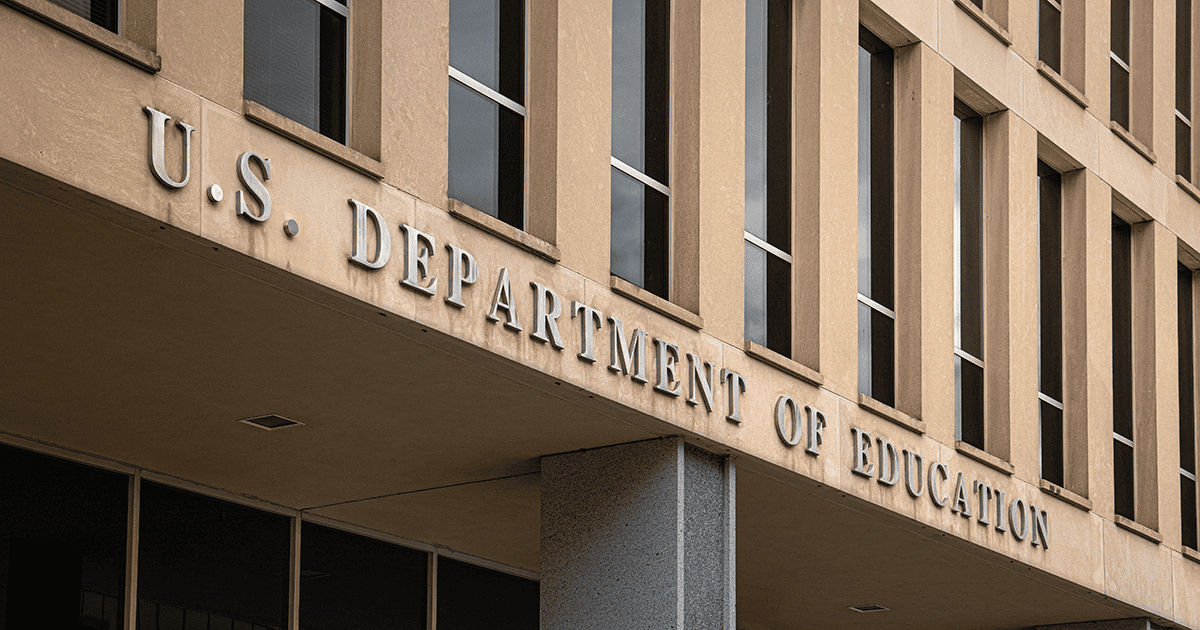The Academy submitted comments in response to a House Ways and Means Committee Rural and Underserved Communities request for stakeholder recommendations on priority topics for consideration to address the health inequities that exist in rural and underserved areas.
Academy comments highlight the fact that adults residing in rural areas represent a vulnerable population with barriers to accessing hearing health care. In addition, hearing impairment prevalence is often associated with poverty, reduced educational attainment, and manual labor occupations—characteristics more prominent in rural communities.
Given the link between untreated hearing loss and increased risk of falls and swifter cognitive decline, Academy comments direct the Task Force to consider The Medicare Audiology Access and Services Act of 2019 (H.R. 4056/S.2446)—legislation that would remove the physician referral requirement in Medicare—streamlining patient access to care, as well as classifying audiologists as practitioners in Medicare so that these critical services could be provided through telepractice.
Recent Posts
Allergies in U.S. Adults
Individuals who live in colder areas of the country may be eagerly awaiting the arrival of spring and its associated warmer weather. Others may be…
Securing Federal Loan Access for Audiology Students: Comments Close March 2
The Academy is pursuing a two-pronged strategy through Congress and the Department of Education to protect federal student loan access for AuD students. Both pathways…
Rock the PAC: An Evening of Music, Networking, and Advocacy
This content is an exclusive benefit for American Academy of Audiology members. If you’re a member, log in and you’ll get immediate access. Member Login…


